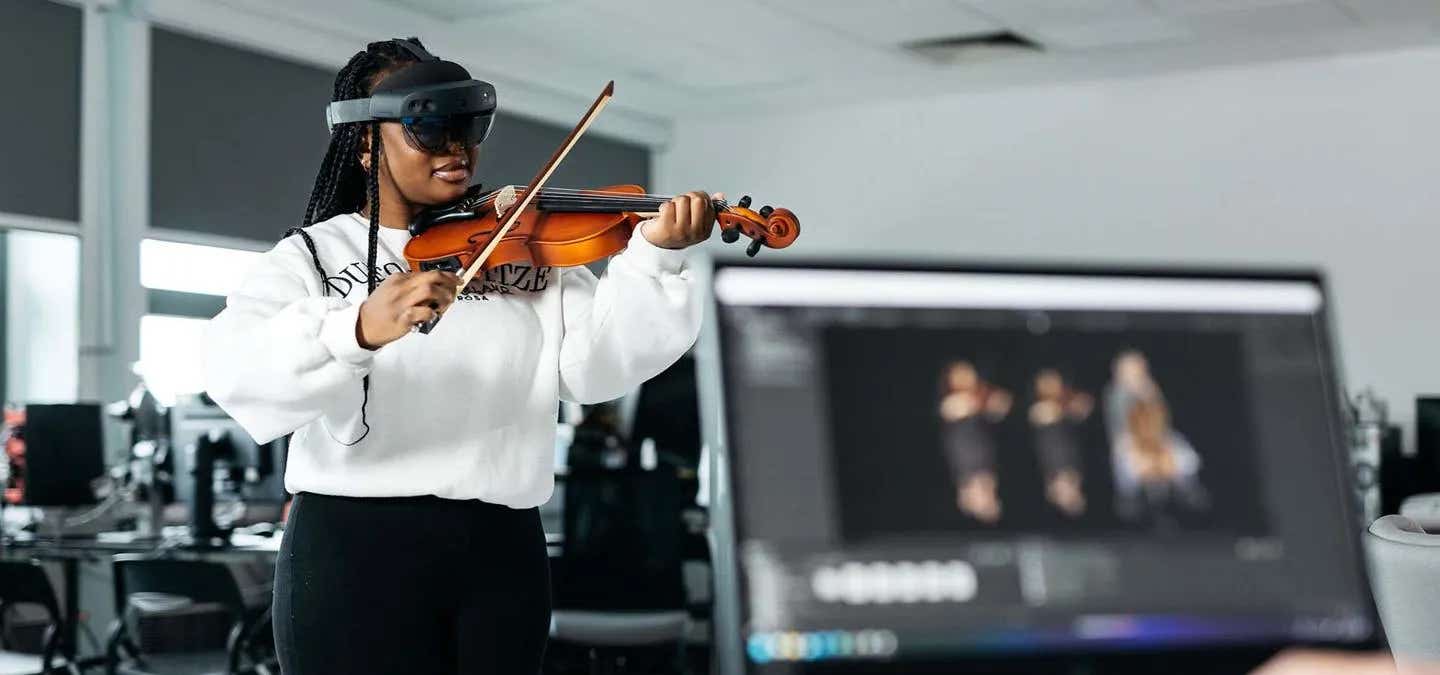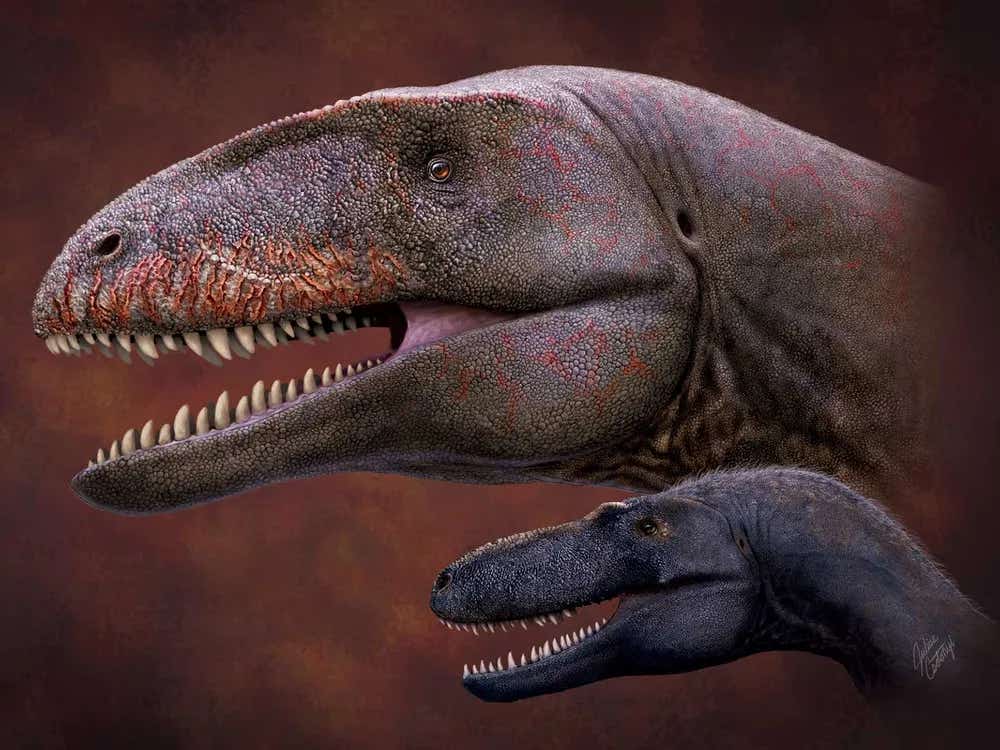Scientists develop microcellular drones to deliver cancer-killing drugs
A novel method using red blood cell-derived vesicles to deliver customized ASOs offers hope for overcoming drug resistance in lung cancer.

Discover how researchers are using red blood cell-derived vesicles to deliver customized antisense oligonucleotides, tackling drug resistance in lung cancer. (CREDIT: Shutterstock)
Lung cancer is one of the leading causes of cancer mortality worldwide. Non-small cell lung cancer (NSCLC) accounts for about 80% of cases, with poor survival rates. This subtype is marked by genetic changes that drive tumor growth.
These changes, such as mutations in the epidermal growth factor receptor (EGFR), provide specific targets for treatment. However, while existing drugs called tyrosine kinase inhibitors (TKIs) are effective initially, resistance inevitably develops, leaving patients with limited options.
EGFR mutations, including L858R and T790M, are common in NSCLC. TKIs like erlotinib and gefitinib target these mutations but lose effectiveness within a year due to secondary mutations. The third-generation TKI osimertinib was developed to address resistance caused by the T790M mutation.
It binds irreversibly to mutant EGFR and is now the standard treatment for EGFR-positive tumors. However, even osimertinib faces challenges, as tumors can develop new mutations, such as in the C797 residue, rendering it less effective.
The challenge of resistance highlights the urgent need for innovative therapies that can outpace cancer’s adaptability. Customizing treatments to target specific genetic mutations offers hope for tackling drug-resistant cancer effectively.
A promising solution comes from antisense oligonucleotides (ASOs). These small, flexible molecules bind to specific RNA sequences, silencing genes linked to cancer progression.
Unlike traditional drugs, ASOs can be customized to target specific mutations, making them ideal for addressing the genetic diversity of NSCLC. Their precision supports the broader goal of precision medicine, tailoring treatments to individual genetic profiles.
Despite their promise, ASOs face significant delivery challenges. They degrade easily in the bloodstream and struggle to reach tumor cells in sufficient quantities. To overcome this, researchers turned to natural carriers: extracellular vesicles (EVs). These nano-sized particles, secreted by cells, are adept at transporting molecules to specific tissues.
A research team led by Assistant Professor Minh Le from the National University of Singapore developed an innovative delivery method for ASOs using red blood cell-derived EVs (RBCEVs). These EVs are engineered to carry ASOs directly to cancer cells, ensuring effective delivery and minimizing side effects. The team also added cancer-targeting molecules to the EV surfaces, enhancing their ability to locate and penetrate tumor cells.
Related Stories
In laboratory and patient-derived cell models, ASO-loaded RBCEVs demonstrated potent anti-cancer effects. They suppressed EGFR protein expression in cancer cells with L858R and T790M mutations while sparing normal cells. This selective targeting reduced the risk of off-target effects, a significant drawback of conventional therapies.
“Mutant EGFRs are the most common driver of lung cancer in the Asian population,” said Assistant Professor Minh Le. “Current treatments like TKIs are effective initially but eventually fail due to resistance. Our goal was to create a more effective, long-lasting solution.”
The study, published in eBioMedicine, highlights how combining ASOs with RBCEVs advances the field of precision medicine. This approach aligns with the growing trend of individualized treatments that consider the unique genetic makeup of each patient’s cancer. By tailoring therapies to specific mutations, researchers aim to improve outcomes and reduce side effects.
Associate Professor Tam Wai Leong, a co-author of the study, emphasized the significance of this innovation. “The ability to precisely eliminate mutant EGFR cancer cells while sparing normal tissues represents a significant step towards overcoming drug resistance. It also advances the application of personalized cancer medicine.”
RBCEVs offer several advantages as delivery vehicles. They can be produced in large quantities and modified to target specific tissues. Their natural origin reduces the risk of immune reactions, making them safer than synthetic carriers. Furthermore, they provide a platform for delivering not just ASOs but potentially other nucleic acid therapeutics in the future.
Professor Goh Boon Cher, another co-author, noted the broader implications of this research. “This work is instrumental in breaking new ground for the precise delivery of therapeutic RNA to tumor cells. It’s a proof of concept that could revolutionize cancer treatment.”
While this approach is still in the experimental stages, it holds promise for clinical application. The success of ASO-loaded RBCEVs in preclinical models paves the way for human trials. If proven effective in patients, this technology could be expanded to treat other cancers with known genetic mutations.
The flexibility of ASOs also means they can be quickly adapted to target new mutations as they arise. This adaptability is crucial in the fight against cancers like NSCLC, where genetic changes often outpace drug development.
As the field of precision medicine grows, innovations like RBCEVs and ASOs could redefine cancer treatment. By focusing on the unique genetic profiles of each tumor, researchers aim to stay one step ahead of cancer, offering patients new hope for better outcomes.
Note: Materials provided above by The Brighter Side of News. Content may be edited for style and length.
Like these kind of feel good stories? Get The Brighter Side of News' newsletter.
Joshua Shavit
Science & Technology Writer | AI and Robotics Reporter
Joshua Shavit is a Los Angeles-based science and technology writer with a passion for exploring the breakthroughs shaping the future. As a contributor to The Brighter Side of News, he focuses on positive and transformative advancements in AI, technology, physics, engineering, robotics and space science. Joshua is currently working towards a Bachelor of Science in Business Administration at the University of California, Berkeley. He combines his academic background with a talent for storytelling, making complex scientific discoveries engaging and accessible. His work highlights the innovators behind the ideas, bringing readers closer to the people driving progress.



